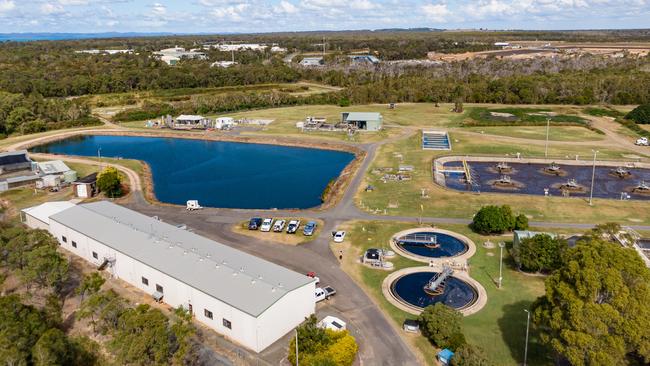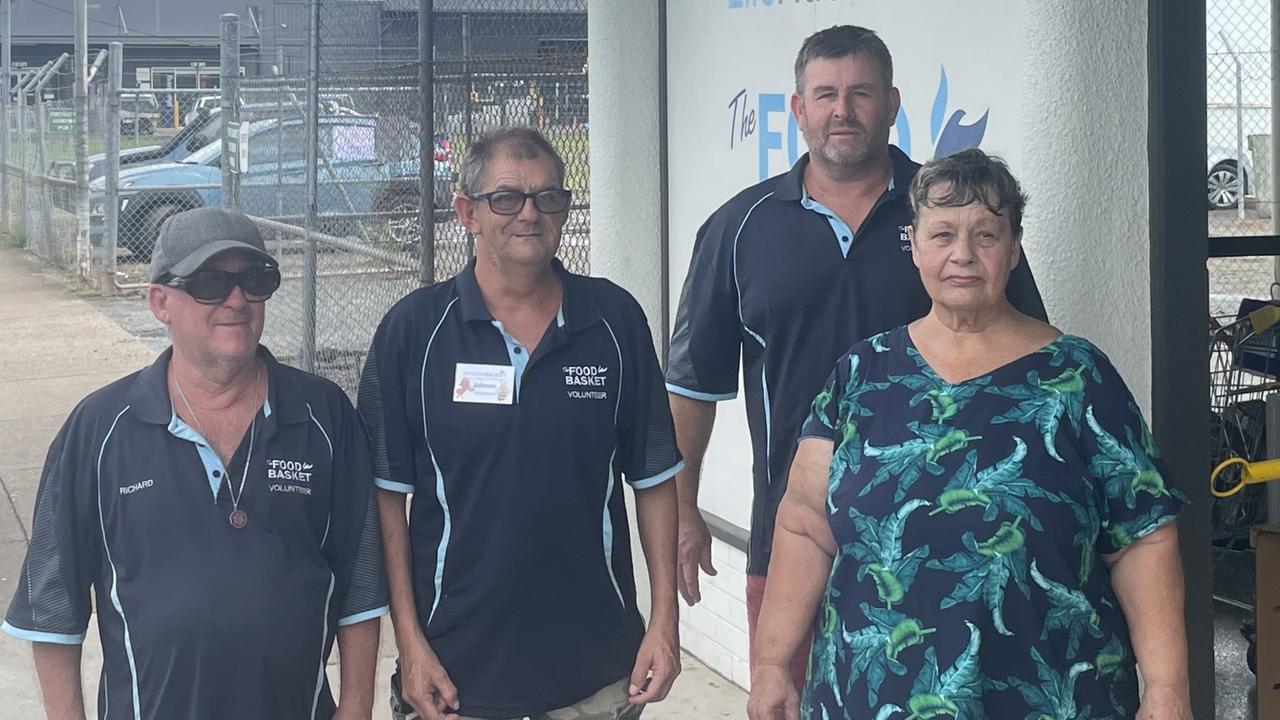Mayor George Seymour speaks on upcoming 2023-24 budget
The Fraser Coast Regional Council is facing one of its most challenging budgets in years amid rising costs for waste management, infrastructure repairs and more.

Community News
Don't miss out on the headlines from Community News. Followed categories will be added to My News.
Fraser Coast Regional Council is forming one of its most challenging budgets in years after rising costs and reduced government grants have dealt a $29m blow to its coffers.
Mayor George Seymour said council is facing a challenging budget with inflation above seven per cent in Queensland and grants to be reduced by $5m in 2023-24.
“As every household or business knows, it is now costing more to keep the power on and pay for materials and supplies,” he said.
“Our electricity costs alone have increased by almost $3.5m this year, making it more expensive to treat, process and deliver water.”
Mr Seymour said waste had also increased as the region grew.
“The combined impact of more waste and a decreasing state government waste levy rebate will add $1.2m to the cost of providing waste services across the region in 2023-24,” he said.
Petition launched to stop closure of four Fraser Coast dumps
“Over the next 10 years, this could add $26m to the cost of providing waste services.”

Mr Seymour said council is working to keep rate rises to a minimum and still invest in services and facilities.
“This will mean the budget deficit will likely be higher than forecast in the next financial year,” he said
“Some years there will be a deficit, some years there will be a small surplus. What’s important is that we ensure we are financially sustainable over the medium to long term.
“We are also looking to spread the cost of new water and sewage treatment plant investments over several years through strategically timed borrowings.”
The costs involved to build roads, bridges and footpaths have recorded a significant increase in the past three years.
The cost for concrete to build footpaths, bridges and gutters has increased 40 per cent, Mr Seymour said.

“In the past 18 months, the cost of building a kilometre of road has almost doubled,” he said.
“Businesses supplying us have faced the same issues as council, increasing fuel, electricity and labour costs, which have been reflected in the increased price of everything from road base to asphalt.”
The council’s maintenance and renewal program has also been impacted.
More money must be set aside to fund infrastructure depreciation; roads, footpaths, drainage pipes, coastal assets, playground equipment and bridges will eventually need repairs and replacements.
“The replacement value of council’s 2,700km road and footpath network jumped by 12.5 per cent ($157 million) to $1.5bn in the past year,” he said.
Councillors have been attending workshops to finalise the budget which will be released in June.




